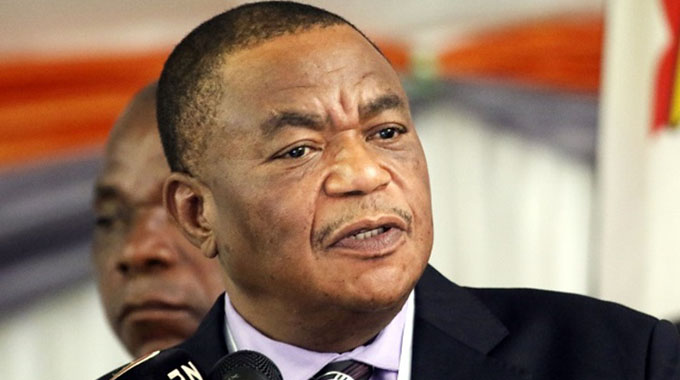UN hails impressive Zim efforts in fighting GBV

Columbus Mabika and Kudzaishe Muhamba
THE Government has made considerable efforts towards promoting and protecting women and girls’ rights, including ensuring the elimination of discrimination based on sex, gender, marital status, pregnancy, and other factors that have a disproportionate impact on women and girls, a new study has found out.
Titled “Mapping and Analysis of the laws of the Republic of Zimbabwe from a Gender Perspective” and done by United Nations Women Zimbabwe, the study says the new Constitution passed in 2013 eradicated previous practices and norms that discriminated against women and girls, and calls for tougher laws to close the existing gap in gender-based violence.
“The passing of the 2013 Constitution was a critical milestone in this regard, as the Constitution requires that all laws, customs, practices, and conduct must be consistent with it. In this regard, previous laws, customs, practices and conduct that had the effect of discriminating against women and girls, have been rendered unconstitutional,” reads part of the findings.
“However, despite these efforts, significant gaps in the protection of women and girls from discrimination still exist in law and in practice. This research comprehensively examined the laws of Zimbabwe and concludes that a number of legislative actions must be taken to bring the laws of Zimbabwe in conformity with its obligations under international law.
“These legislative interventions are necessary across the spectrum of all sectors including marriage and family law, the political environment, business and commercial settings, justice delivery, the education sector as well as social, religious and cultural/customary settings and institutions.”
The study says Zimbabwe has to date, ratified several global, regional and sub-regional human rights instruments on the protection of women and girls from discrimination in addition to submitting periodic reports on progress being made to implement the human rights standards to the appropriate treaty monitoring bodies to ensure that the available protections are implemented and enjoyed by women and girls in practice.
Further, the study notes that the judiciary has played an important role in eliminating discrimination against women and girls, by applying the Constitution and international human rights law to promote the principles of equality and non-discrimination.
The study calls upon Government to resource key institutions dealing with women and girls’ issues, provide adequate and efficient legal aid to women and girls, develop a victim centred justice delivery system, consider the codification of customary law and ensure that the Ministry of Women Affairs, Community and Small and Medium Enterprises Development, is a Cabinet level standalone ministry to safeguard its efficiency and effectiveness to defend, protect, promote and enforce women and girls’ rights.
Speaking in Harare yesterday during a round-table on violence against women in politics (VAWP) organised by the United Nations Women Zimbabwe, ZANU PF legislator for Seke-Chikomba Constituency, Cde Tatenda Mavetera, said eradication of violence against women was critical as the nation gears for upcoming general elections.
“I am pleased to welcome you to this important round-table on Violence against women in politics (VAWP), which is critical as we approach the 2023 elections. As you may all be aware, VAWP is violence that occurs within the political sphere but specifically targets women.
“As women in politics, regardless of political affiliation, let’s speak with one voice so that we end this scourge,” she said.
United Nations Women Zimbabwe Country director, Ms Delphine Serumaga, said VAWP was a key barrier to women’s political participation, which hinders the realisation of gender equality and women’s empowerment.
“The intention is that this round-table will highlight the plight of VAWP and that, we as stakeholders gathered here today, can jointly identify key strategies for preventing and responding to VAWP within our different mandates,” she said.








Comments